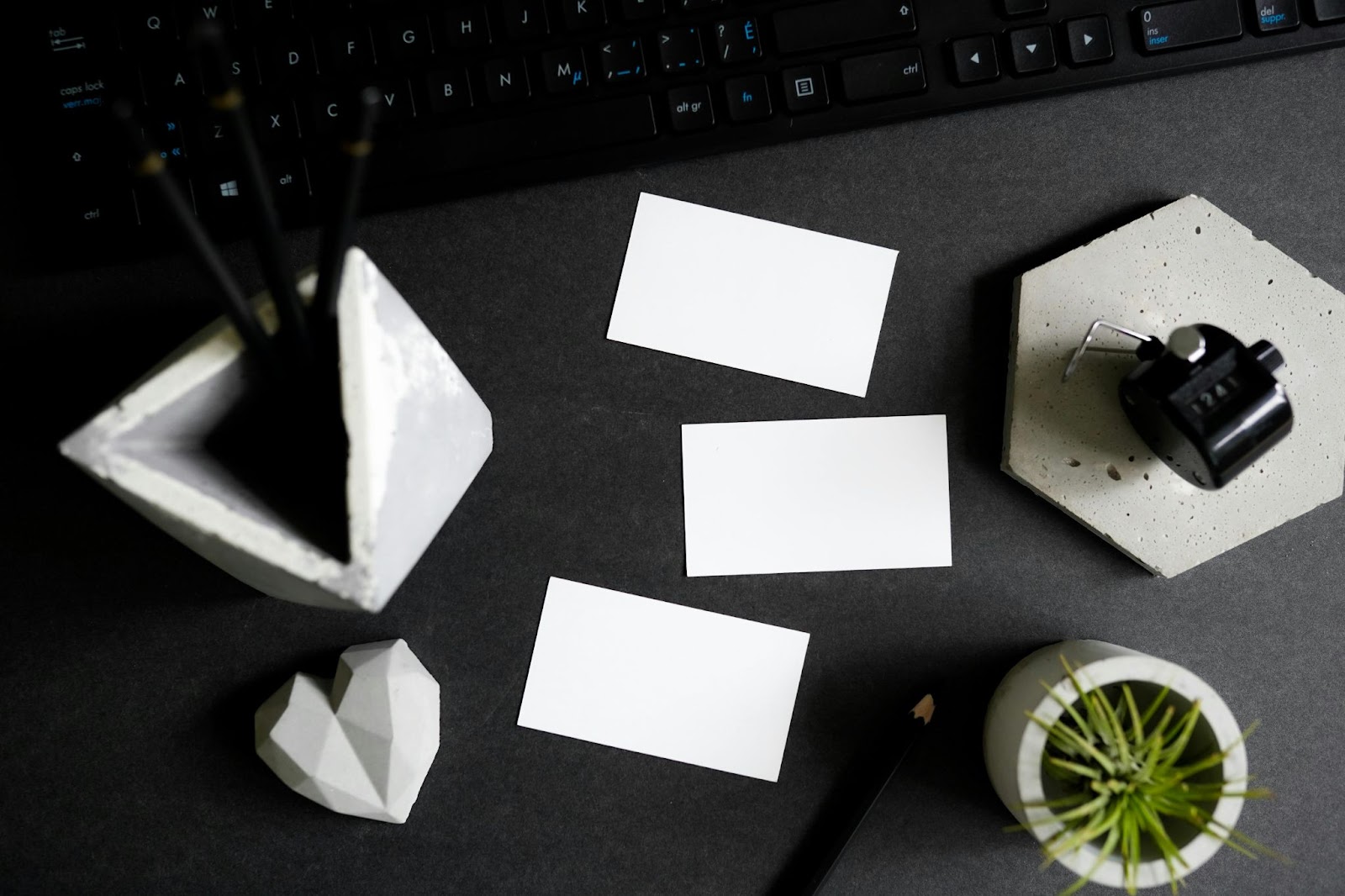 Maximize Professionalism with Business Cards: Design, Compliance & Trends
Maximize Professionalism with Business Cards: Design, Compliance & Trends
Legal Business Cards
Legal business cards play a crucial role in the competitive field of law. A well-designed legal business card is essential for lawyers looking to stand out and leave a lasting impression in the minds of potential clients and colleagues. These business cards not only provide essential contact information, but they also convey a sense of professionalism and expertise.
Every lawyer should have a legal business card as it acts as a direct representation of their brand. It serves as a tangible and portable tool that showcases the lawyer’s unique style, expertise, and specialization. In the legal industry, where first impressions are vital, having a thoughtfully crafted business card can make a significant impact.
Legal business cards play a crucial role in facilitating networking opportunities for lawyers. By exchanging business cards during professional interactions, lawyers can establish a connection and leave a memorable impression on potential clients, partners, or colleagues. These cards serve as a convenient way to share contact details and can lead to future collaborations and referrals in the legal field.
 Designing the Perfect Legal Business Card
Designing the Perfect Legal Business Card
When designing a legal business card, there are key elements that professionals in the legal field should consider to create a card that effectively represents their brand and expertise.
Legal business cards should include essential information to convey professionalism and make it easy for potential clients and colleagues to contact the lawyer. The following elements are crucial for a well-designed legal business card:
- Name and Title: The lawyer’s full name and title should be prominently displayed on the card to establish credibility and professionalism.
- Contact Information: Include contact details such as phone number, email address, and office address to make it convenient for clients to reach out.
- Law Firm Logo: Incorporating the law firm’s logo on the business card helps in brand recognition and adds a visual element to the card.
- Areas of Practice: Mentioning the areas of law the lawyer specializes in can help in targeting the right audience and conveying expertise.
- QR Code: Including a QR code linked to the lawyer’s website or online profile can make it easy for recipients to access more information about the lawyer.
Selecting the appropriate material and finish for a legal business card is crucial to leave a lasting impression and communicate professionalism. Here are some factors to consider when choosing the material and finish for your legal business card:
- Paper Quality: Opt for high-quality, durable paper stock that conveys a sense of luxury and professionalism.
- Finish: The finish of the business card can impact its look and feel. Options like matte, glossy, or textured finishes can add visual interest and make your card stand out.
- Font and Color: Choose a professional font that is easy to read, and select colors that align with your firm’s branding for a cohesive look.
By paying attention to these key elements and choosing the right material and finish, legal professionals can design business cards that reflect their brand identity and leave a memorable impression on recipients.
 Legal Considerations for Business Cards
Legal Considerations for Business Cards
Legal professionals must be cautious about the information they disclose on their business cards to comply with privacy regulations. While it’s essential to include contact details for networking and client acquisition, certain personal information like home addresses or personal phone numbers should be avoided to prevent privacy breaches. By prioritizing the inclusion of professional contact information and pertinent details related to legal services, lawyers can maintain privacy standards and uphold confidentiality obligations.
Adhering to local bar association rules is crucial when designing legal business cards. Each jurisdiction may have specific guidelines regarding the layout, content, and format of business cards for legal practitioners. Lawyers should familiarize themselves with the regulations set forth by their respective bar associations to ensure compliance and avoid potential disciplinary actions. By incorporating the required information in accordance with the rules established by the local bar association, lawyers can maintain professionalism and credibility within the legal community.